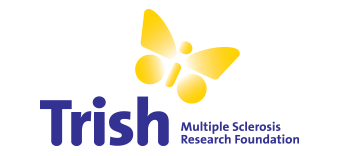Developing methods to promote the creation of new myelin in MS
Following very generous support at the Trish Foundation’s 2018 Ball, an Incubator Grant was awarded to Associate Professor Anthony Don.
In the first part of his project, A/Prof Don showed in laboratory models that S1P is essential for protecting the myelinating cells of the brain against damage and that loss of myelinating cells and myelin was much more severe in the absence of S1P. He has also shown that remyelination did not occur when demyelination ceased in the absence of S1P. A/Prof Don is now determining if remyelination is permanently impeded or whether it occurs more slowly in the absence of S1P.
In the second part of his project, A/Prof Don conducted a pilot study to determine whether giving drugs that mimic S1P protect the myelinating cells and prevent severe myelin loss. He has established that the newly approved treatment for secondary progressive MS, siponimod (Mayzent), protects against the loss of myelin in a low inflammatory laboratory model of MS. This result is important as this laboratory model for MS is not dependent on the immune system’s involvement. These findings suggest that siponimod protects myelinating cells and myelin independent of its primary clinical mechanism in modulating the immune cells that play a role in MS.
These exciting results warrant further research into the role of naturally occurring S1P in protecting against the loss of neurological function in MS, and the potential for drugs mimicking S1P to promote myelin repair.
A/Prof Don has presented this work at national conferences and is currently preparing a manuscript for publication in a scientific journal. He will also be applying for Research Grants during 2020 for the Project.
